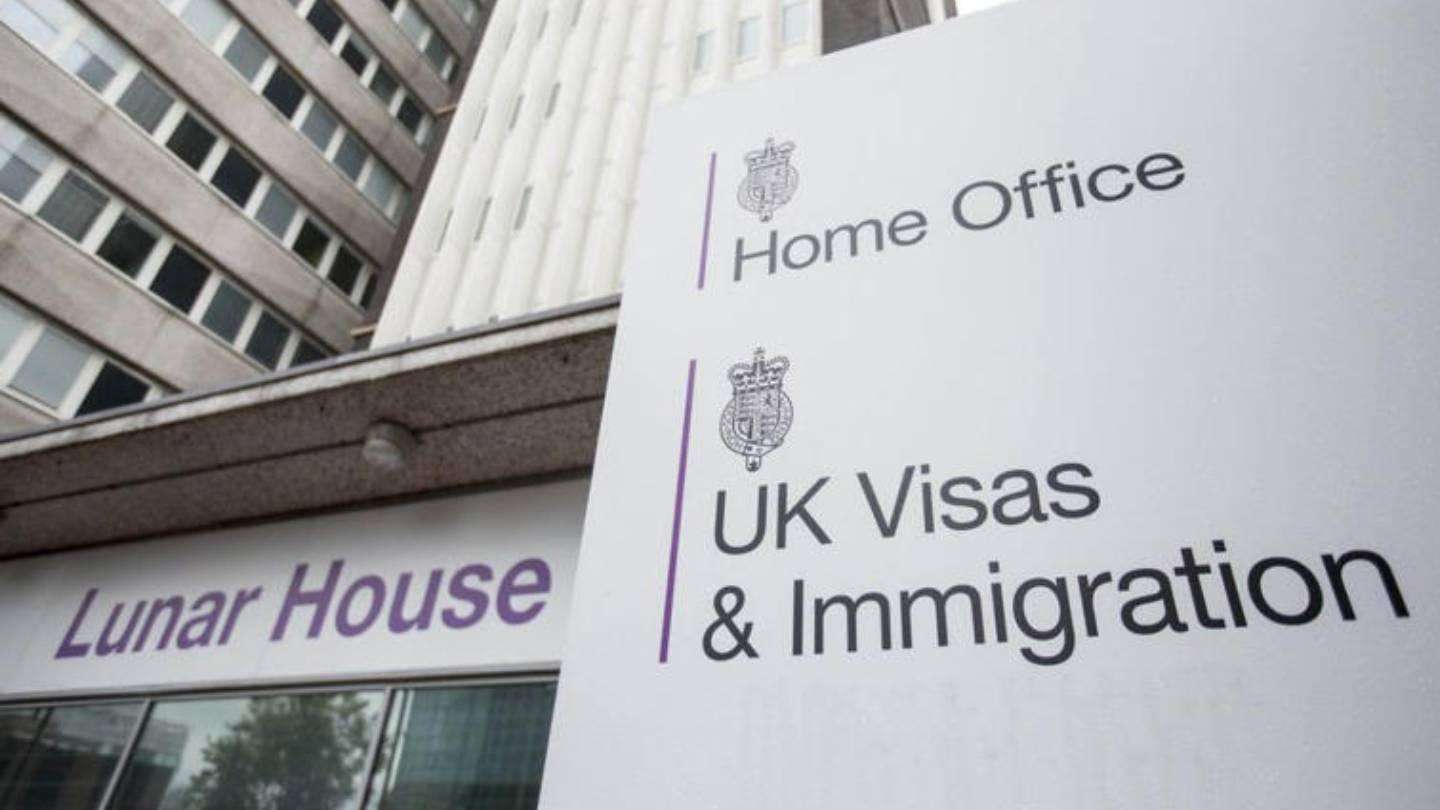New powers allowing the Department for Work and Pensions (DWP) to check the bank accounts of benefit claimants suspected of fraud have ignited significant concern among MPs, who warn of "Orwellian" surveillance and disproportionate impact on vulnerable individuals.
During a heated debate in Parliament on Tuesday afternoon, the Public Authorities (Fraud, Error and Recovery) Bill faced intense scrutiny over its provisions enabling the DWP to compel banks to trawl through the financial information of those receiving benefits like Personal Independence Payment (PIP) and Universal Credit, even without any prior suspicion of wrongdoing.
Liberal Democrats work and pensions spokesman Steve Darling voiced "major concerns" about the potential for "Orwellian levels of mass surveillance" targeting individuals on means-tested benefits. This sentiment was echoed by Conservative former Brexit secretary David Davis, who cautioned that over nine million people could be subjected to "unnecessary" surveillance under these new powers.
Labour backbencher Neil Duncan-Jordan, who has proposed amendments to the Bill, emphasized that while tackling organized crime and online fraud is crucial, the legislation dangerously introduces powers for banks to indiscriminately access financial data. He stressed the disproportionate impact on the "very poorest in our society," including disabled individuals on PIP, older people on pension credit, carers, and those on Universal Credit, who would effectively have fewer rights to privacy than the rest of the population. Duncan-Jordan expressed deep concern about the "slippery slope of compelling banks to act as an arm of the state."
While government minister Mr Western assured the House that the Bill adheres to all legal obligations, including the Human Rights Act, the anxieties surrounding the potential for privacy breaches and the broad scope of the powers remain prominent.
Key Concerns for British South Asian, British Indian, British Pakistani, and British Bangladeshi Communities:
Beyond the general concerns about privacy and potential overreach, a significant worry for the British South Asian, British Indian, British Pakistani, and British Bangladeshi communities lies in the potential for unintended bias and misinterpretation of financial activity. These communities often engage in cultural practices such as extended family support, remittances to relatives abroad, and community-based savings initiatives, which might appear irregular or suspicious under broad, automated surveillance without proper contextual understanding.
The fear is that these legitimate financial activities could be flagged as potential fraud, leading to unwarranted investigations, distress, and a deepening of mistrust in government institutions. The lack of culturally sensitive understanding within the surveillance process could disproportionately impact these communities, subjecting them to unnecessary scrutiny and potential miscarriages of fairness. This raises serious questions about equity and the potential for discriminatory outcomes arising from the implementation of these new powers.








.svg)


